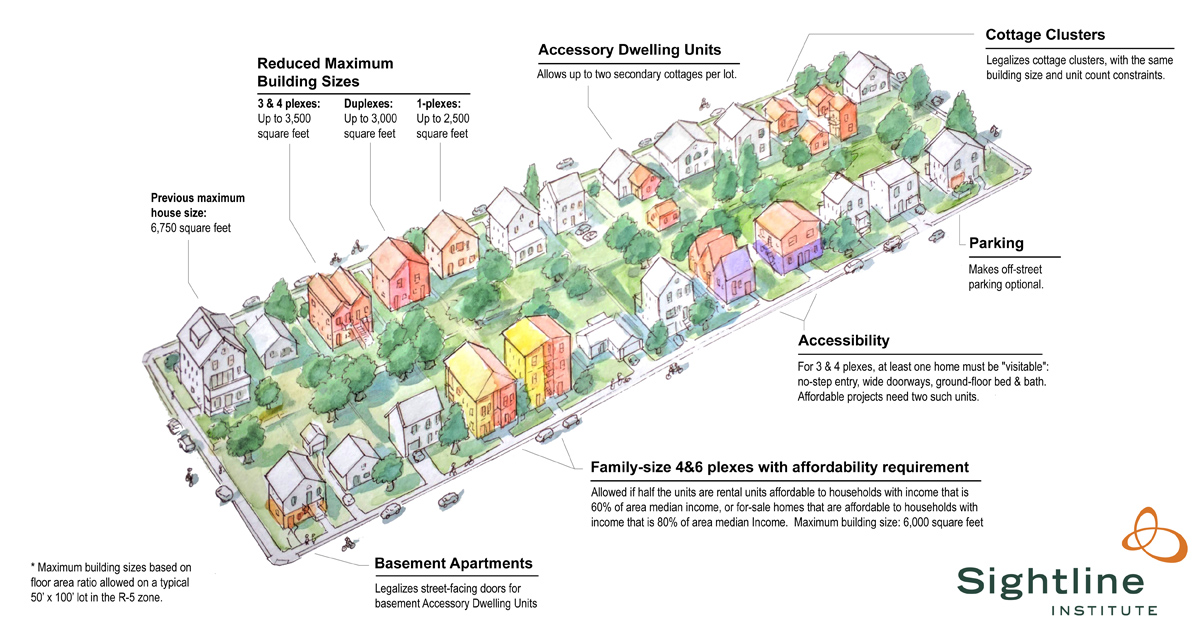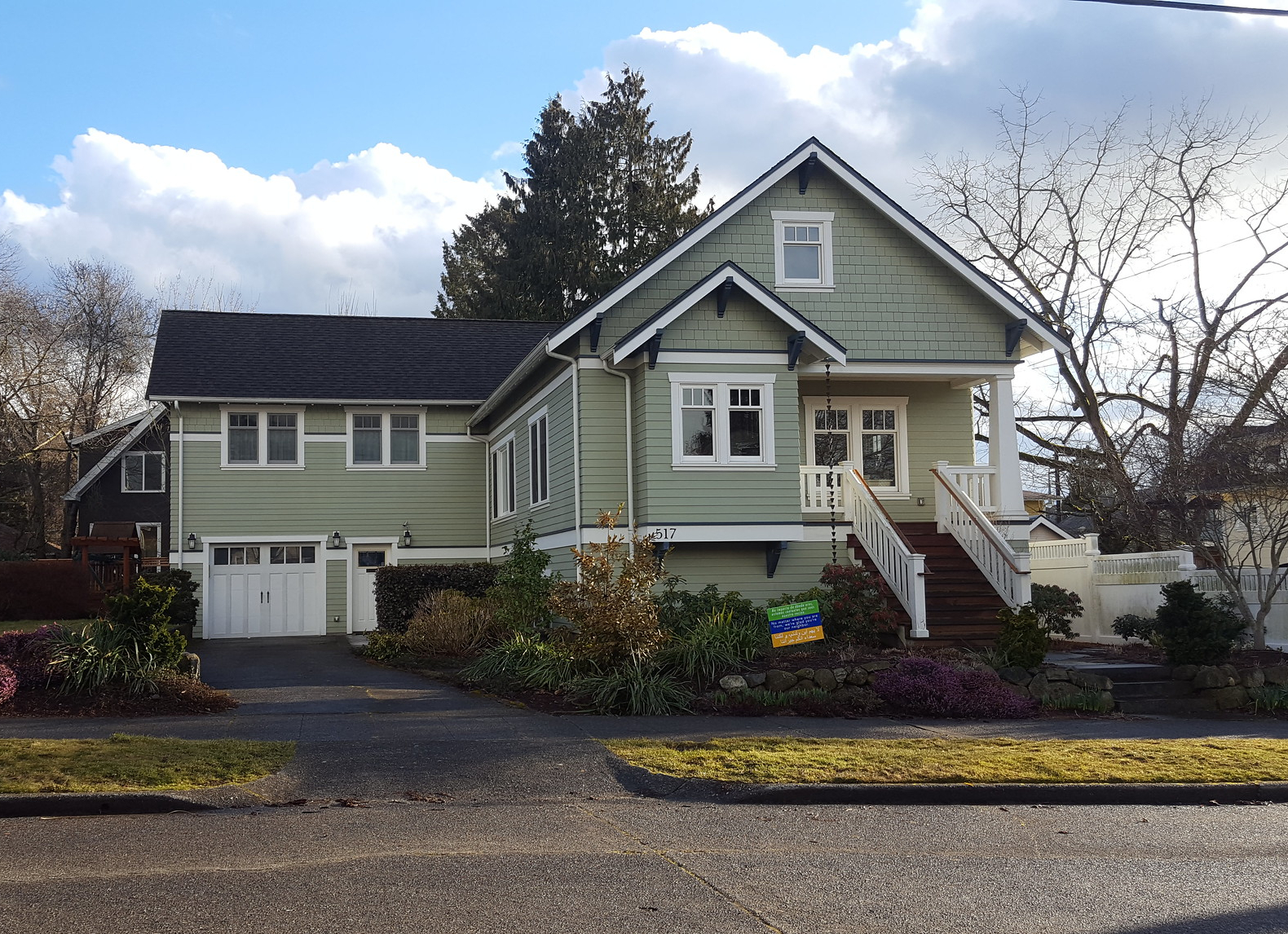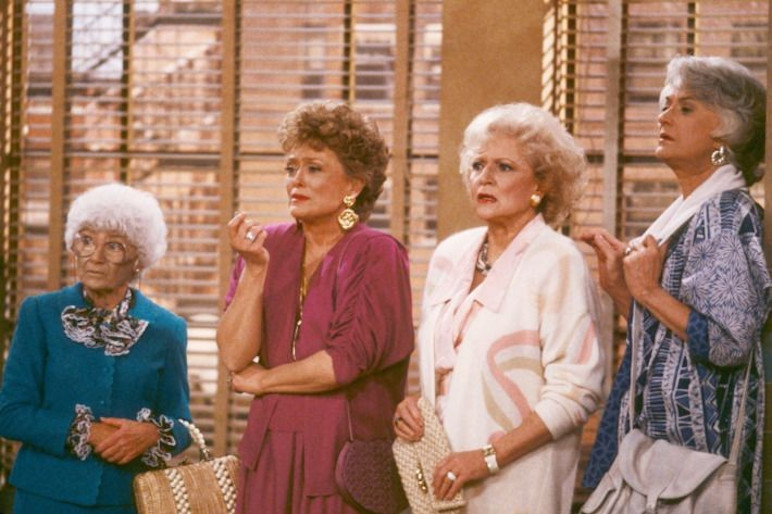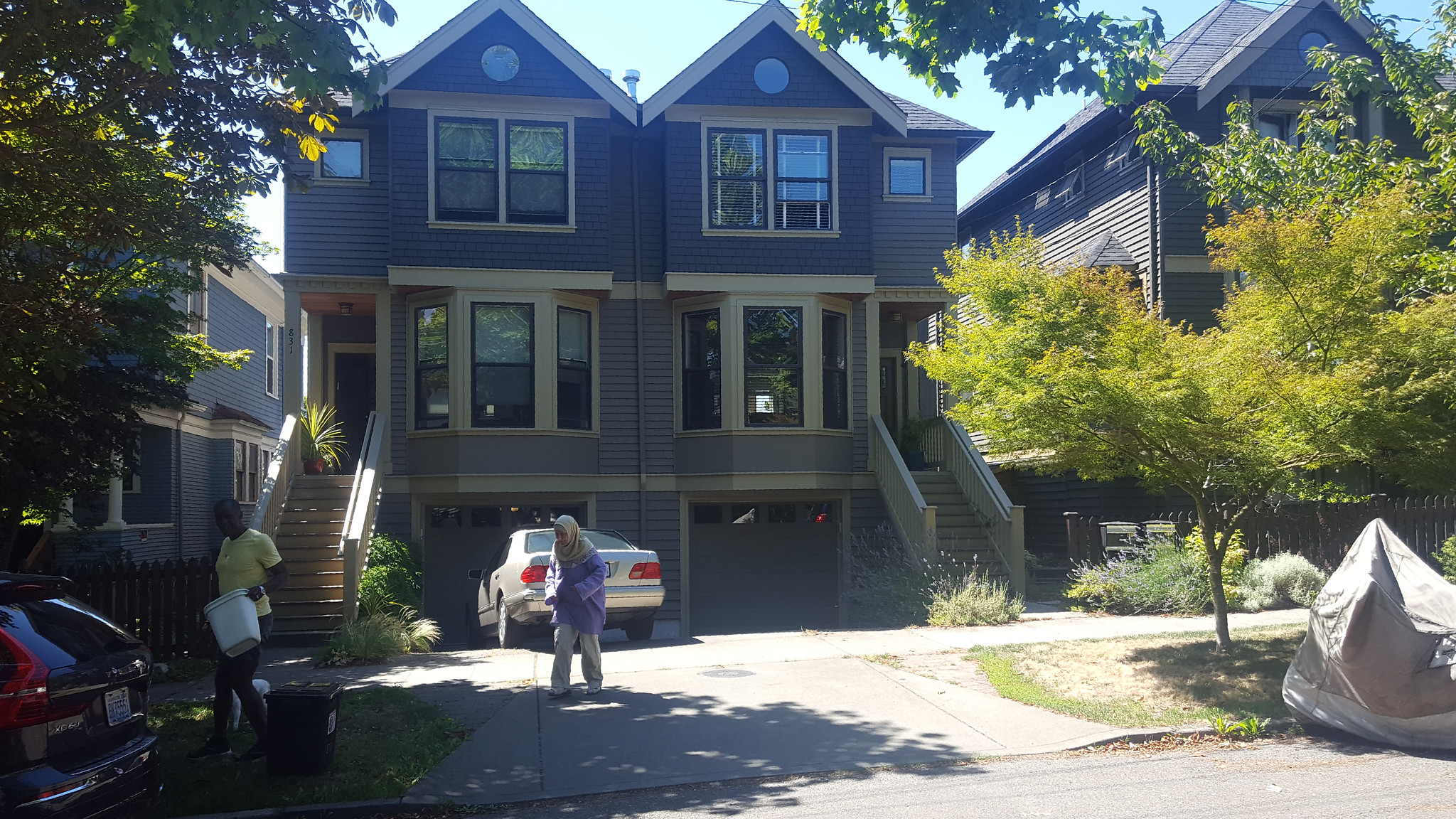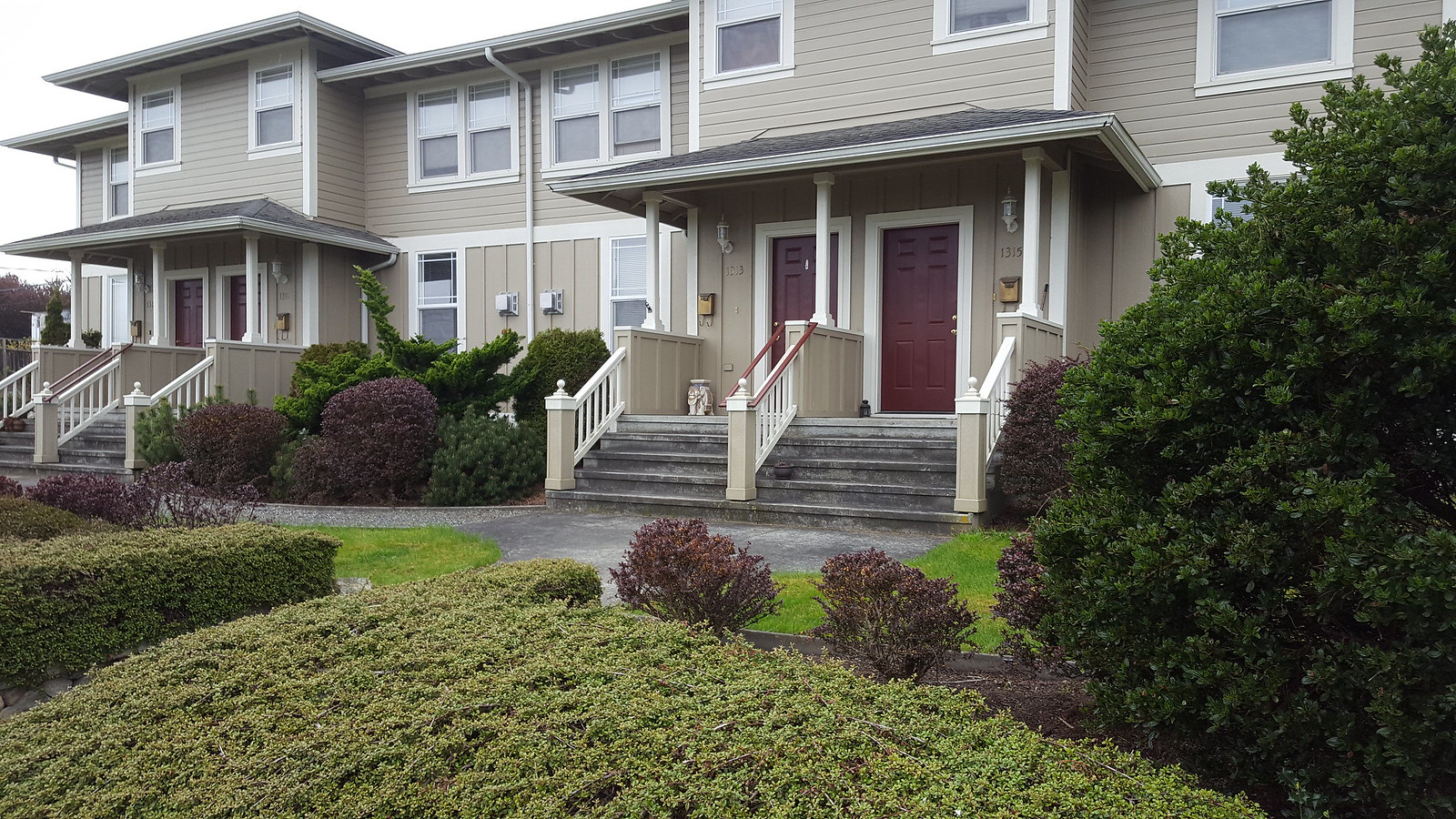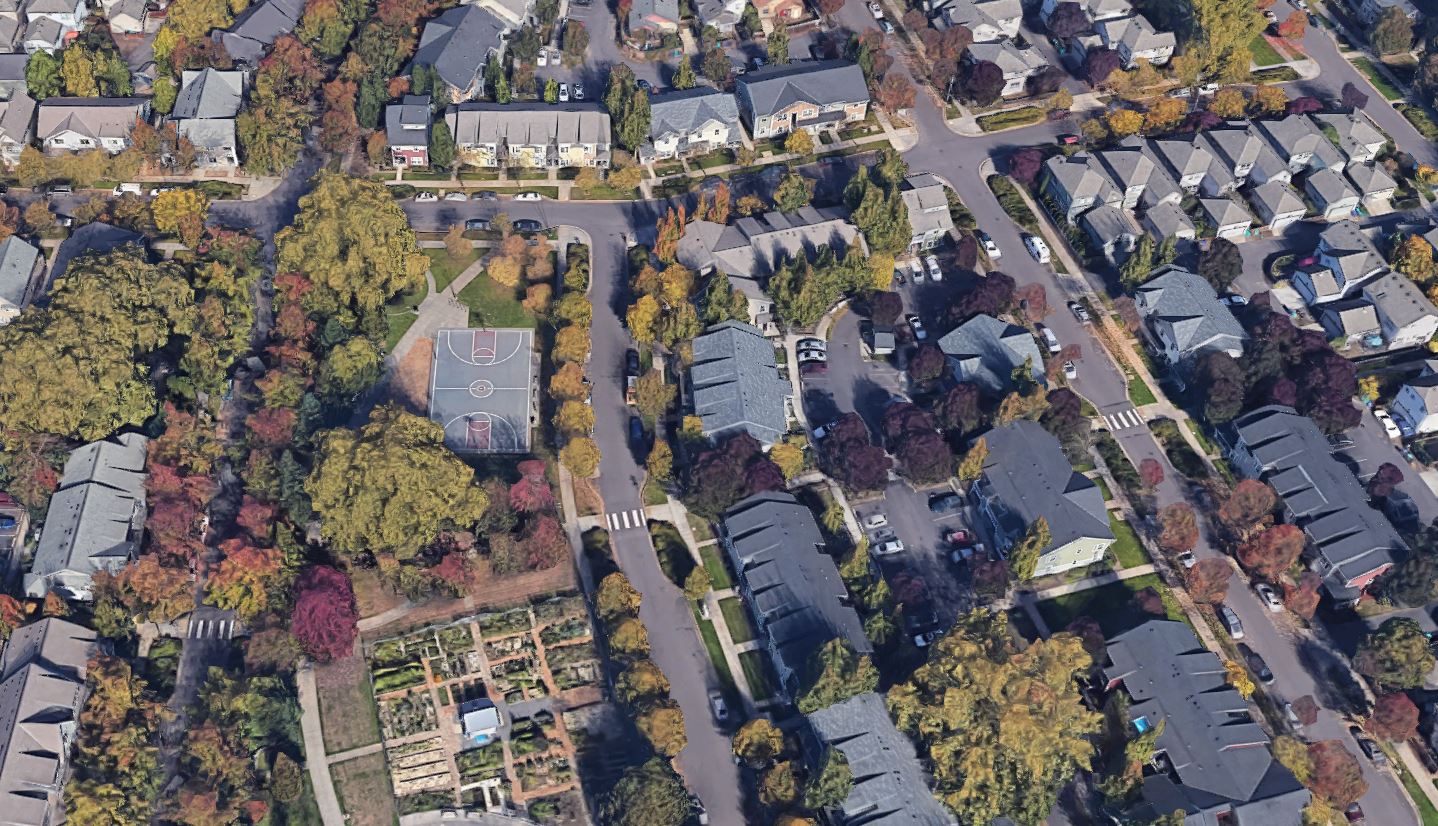More and more Washingtonians can’t find homes they can afford. The housing squeeze has been especially hard on renters. For those stretched to the limit just to make rent every month, the dream of owning a home is a cruel joke. Allowing more missing middle homes like granny flats, duplexes, and triplexes in our communities would help.
The urgency is escalating. The threat of COVID-19 conveys a stark reminder that stable housing is foundational for our personal and collective well-being. When people have to spend so much of their income on housing, even the temporary loss of a paycheck can push them over the financial cliff. Staying home to “flatten the curve” isn’t an option if you don’t have one.
This year, forward-thinking Washington lawmakers pushed for legislation to help cities take steps to curb prices and make more modest homes available near jobs, schools, and transit.
One bill, co-introduced by Representative Nicole Macri (D-Seattle) and Senator Mona Das (D-Kent), would have re-legalized duplexes and rowhouses—so called “middle housing”—in residential neighborhoods. In the huge swaths of cities where zoning laws currently mandate only the most expensive homes—stand-alone houses on big lots—allowing middle housing would offer families more affordable options.
“I am the missing middle. I can’t afford $500,000 for a home and there are no condos in my community,” says Senator Das, who takes this issue personally. “My rent is $1,600 a month. That’s egregious.”
Opposition from around a dozen cities and the powerful advocacy group Association of Washington Cities all but doomed the middle housing bill from the start. Their refrain: the state shouldn’t interfere with local zoning laws.
But the housing shortage will require coordination across city borders. Looking for an alternative, Senator Das shifted her efforts to a bill sponsored by Representative Joe Fitzgibbon (D-Burien) that offers modest “carrots” to cities that take recommended but optional actions to boost home building (the bill expanded on last year’s HB 1923).
Das succeeded with an amendment that adds middle housing to the menu of city actions, and that’s a solid win for housing choices. Cities that reform their zoning to allow homes ranging from duplexes to sixplexes receive protection from the environmental appeals that anti-housing activists have abused to stall progress—see, for example, Seattle or Olympia. And cities can apply for state grants to defray the planning costs of making those affordability upgrades to their codes.
However, the opposite fates of the two bills, along with a third bill to loosen rules for in-law apartments that got unduly amended down in scope, reveal the current politics of statewide housing reform: cities prioritizing their own control over change at the cost of state-wide cooperation still hold the power to hamstring it. Instead of the swift, aggressive action called for by the state’s housing crisis, the legislature has only managed mostly non-binding, incremental reforms cities can take or leave.
Meanwhile, the impact of local control plays out for families across the state: homes aren’t available, prices stay up, commutes grow, and homelessness threatens those struggling to keep a roof over their heads. Washingtonians who need housing options right away don’t have time to wait for cities to take drawn out, piecemeal action—or worse, to stall a coordinated state-wide strategy to solve a problem that crosses municipal boundaries.
As Senator Das put it, “The proof [about local control] is in the pudding! Let’s get to it. We have a crisis.”

